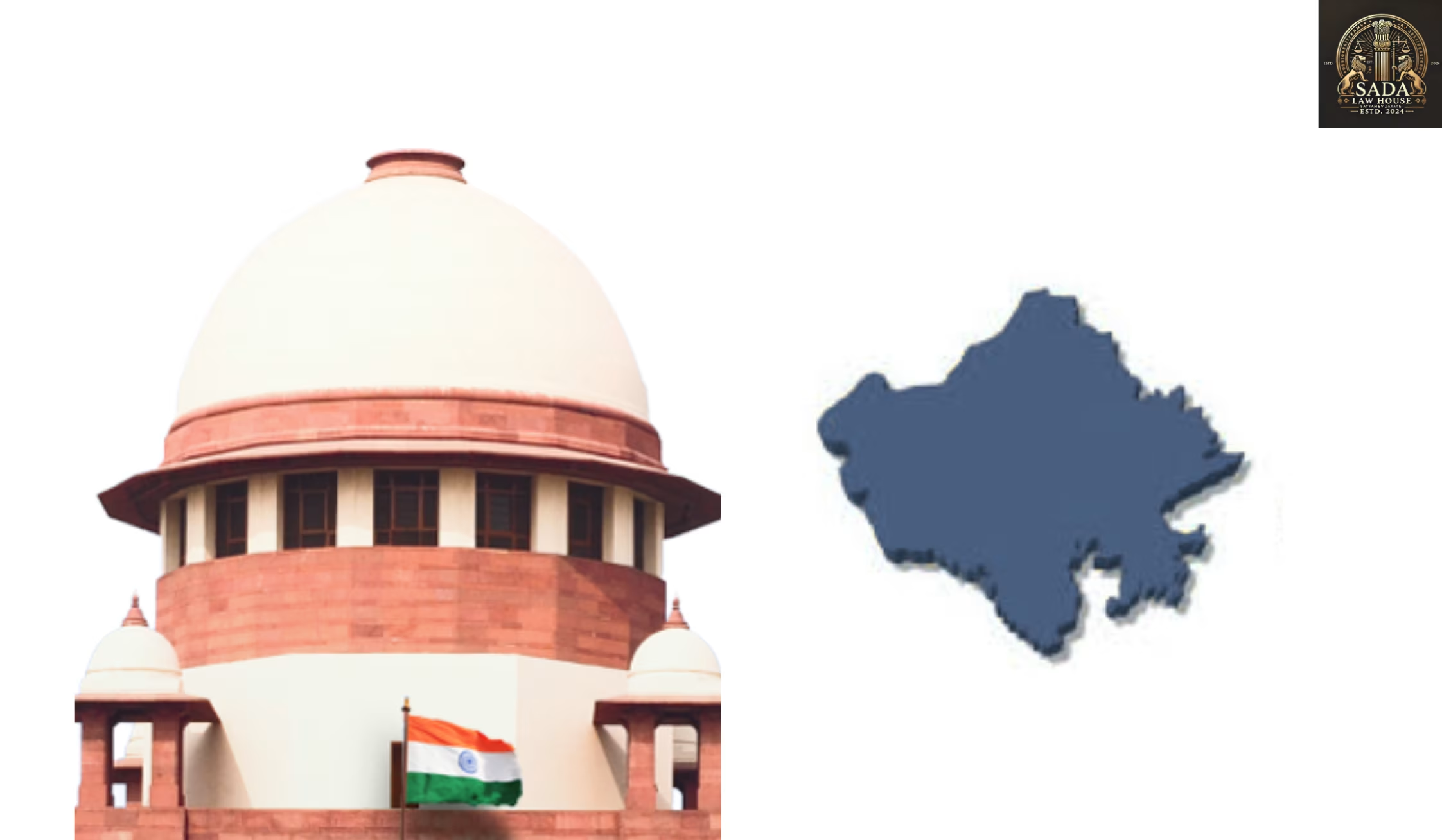Supreme Court Slams Rajasthan Pollution Control Board Over Severe Staffing Shortage
- Kashish Jahan
- 19 JULY 2025

The Supreme Court has criticized the Rajasthan Pollution Control Board for operating at just 35% staffing capacity. Learn why this judicial warning could trigger urgent reforms in India’s environmental enforcement system.
Supreme Court Issues Stern Warning to Rajasthan Government
In a sharp rebuke, the Supreme Court of India has reprimanded the Rajasthan government for failing to adequately staff the Rajasthan State Pollution Control Board. The court has warned of contempt proceedings if immediate corrective steps are not taken to address the staffing crisis.
Staffing Crisis: Just 35% Operational Capacity
The Pollution Control Board is currently operating at only 35% capacity, with numerous critical posts remaining vacant. A major reason behind the shortfall is the rigid promotion policy, which mandates at least five years of experience for engineers to be eligible for advancement.
However, the majority of junior engineers have only 2–3 years of experience, effectively blocking upward mobility and contributing to the manpower vacuum.
Consequences of Inadequate Staffing
Environmental experts warn that this staffing gap is seriously weakening the state’s ability to:
Conduct pollution monitoring
Perform industrial inspections
Enforce environmental regulations
This leaves key urban and industrial hubs such as Jaipur, Udaipur, and Kota vulnerable to rising levels of air, water, and industrial pollution.
Stopgap Measures Under Scrutiny
In an attempt to manage the crisis, the Board temporarily hired 40 interns. However, the Supreme Court strongly objected, stating that:
“Interns cannot replace trained officers with statutory enforcement powers.”
The court emphasized that such interim fixes do not meet the legal and operational requirements expected from a regulatory body.
Court’s Directive: Rethink Policy, Recruit Staff
The bench has directed the state government to:
Revise its promotion policy
Submit a clear timeline for new recruitments
Provide a roadmap for sustainable staffing reforms
The matter is set to be reviewed again during the next hearing on July 18, 2025, where the state must demonstrate concrete action.
A Wake-Up Call for Environmental Governance Nationwide
This case serves as a stark reminder that environmental legislation is only effective if backed by functional regulatory bodies. Without adequate staffing, agencies like the Pollution Control Board risk becoming symbolic rather than effective.
It also signals to other states that judicial scrutiny will not tolerate administrative inertia in matters of public health and environmental safety.






